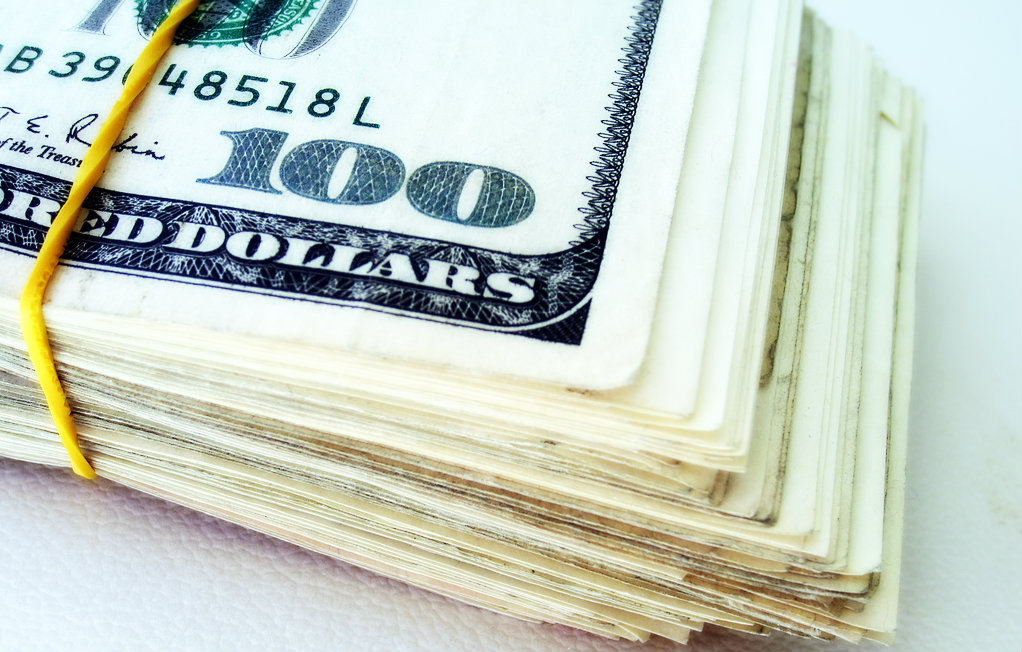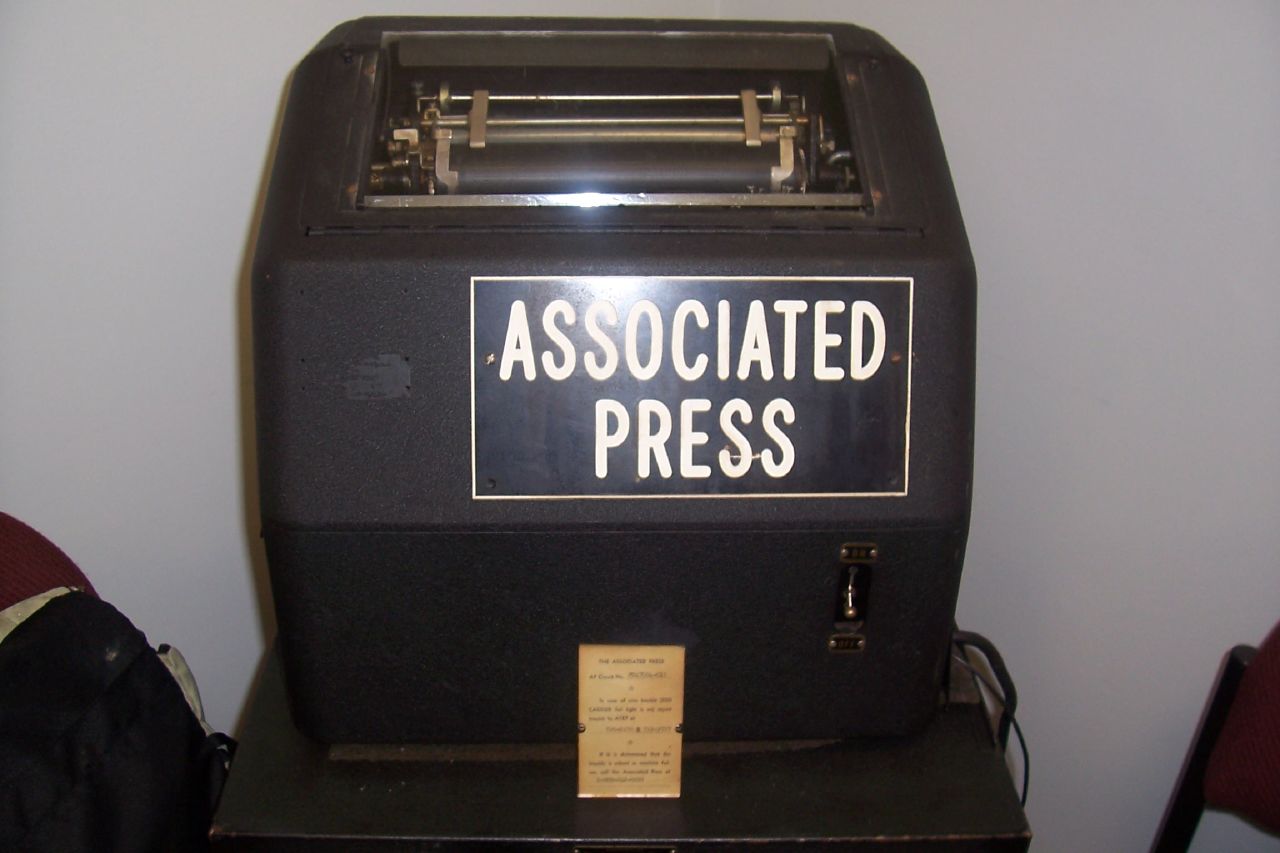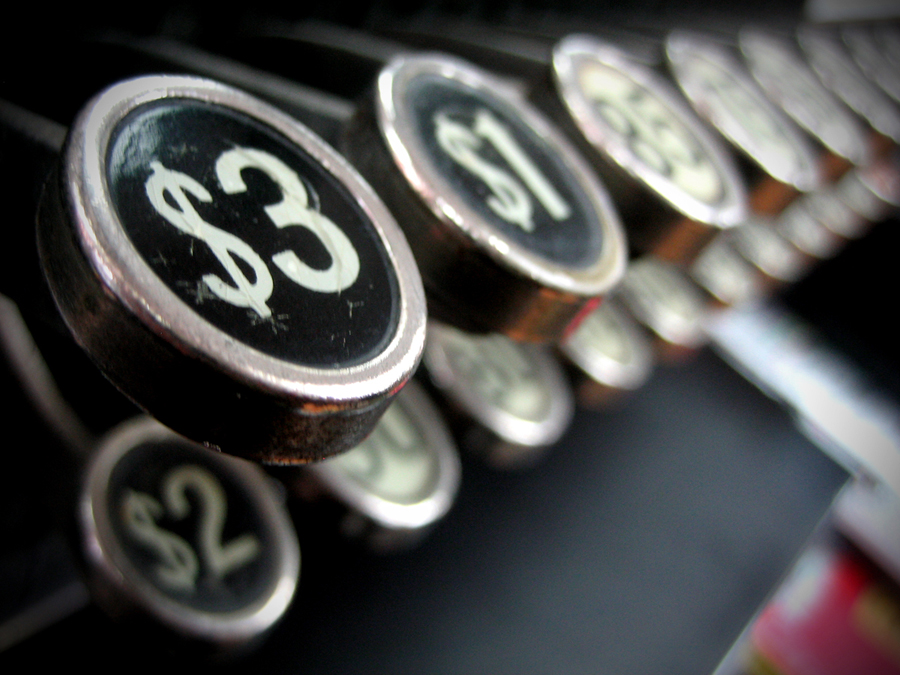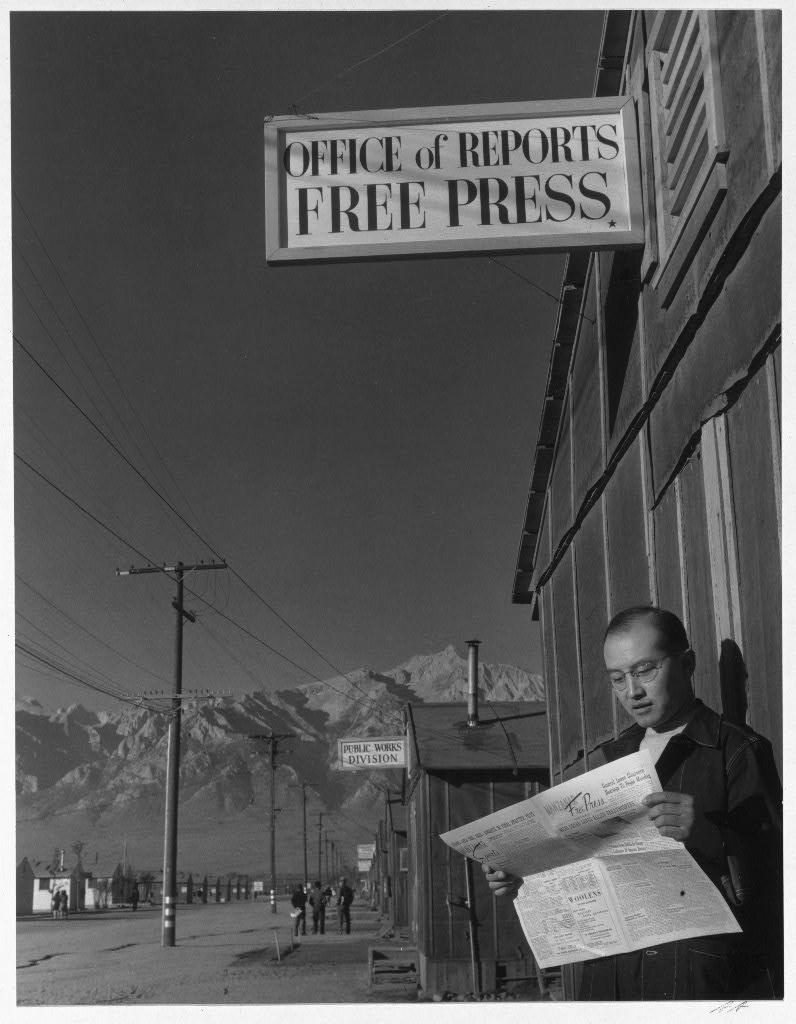This week the long-dreaded Washington Post renewal email plunked into my inbox. So ends a glorious year of reading the digital newspaper on PC and tablet. My cheap thrill ride is over: “Your subscription will be renewed for a year on Aug. 26, 2015, at the rate of $149/year. As you’ve requested, payments for your subscription to the Post are automatically charged to your credit card”. I requested nothing. The Post imposed auto-renewal, which I cancelled the next day. My sub now ends on August 26.
Twelve months ago, the Post made an amazing email offer, good for just 24 hours: “Get a Full Year of Unlimited Digital Access FOR AS LOW AS JUST $19!” Wow, what a deal. We splurged and went digital on any device for another ten bucks. Washington Post is worth $29 a year—and it’s a good value for $149, too. But all the paywall news sites want that kind of cash or more from me. I’m willing to pay for good journalism, but my budget can’t accommodate them all.







